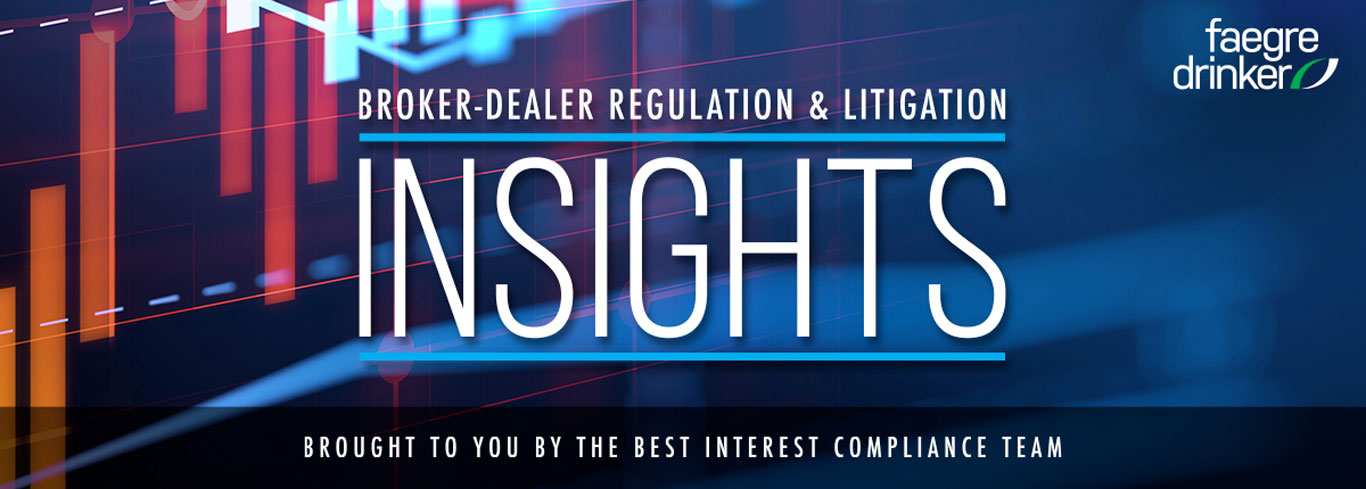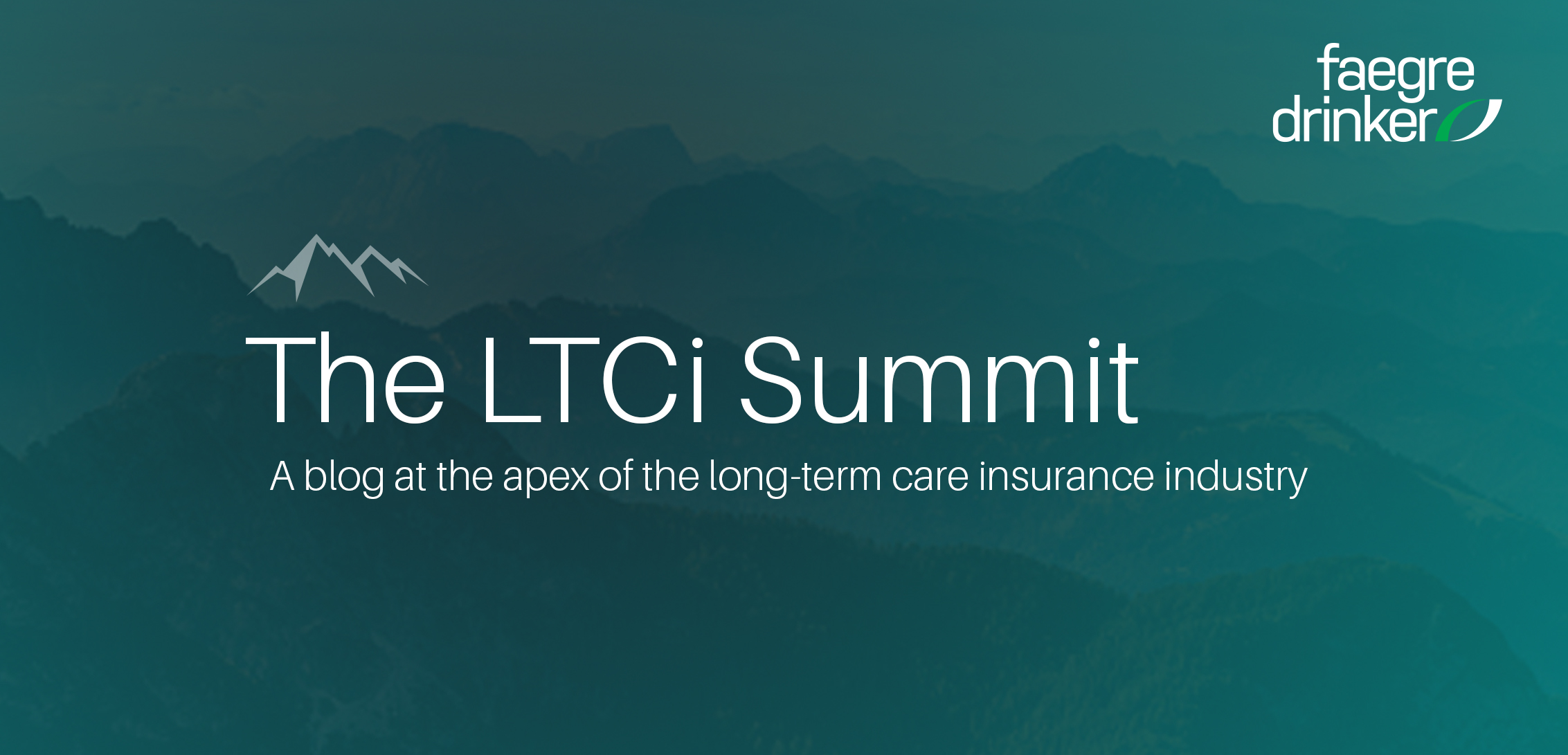Insurers and brokers selling long-term care (LTC) insurance in California should be aware of the California Department of Insurance (CDI) bulletin of August 23, 2023, expressing concern over certain complaints received by CDI regarding marketing efforts being used to encourage California residents to purchase LTC insurance in advance of any LTCi public option that may be implemented in California. Specifically, the complaints alleged that marketing efforts have included statements that such LTCi public option will be implemented in 2024; that a payroll tax will be levied on California residents as part of the public option program; and that – like the regime in Washington – such tax can be avoided by purchasing LTCi before the end of 2023.
As part of the bulletin, the CDI emphasized that no legislation concerning a public option has been passed. Rather, pursuant to California Assembly Bill 567 (2019), a task force has been created to study potential design structures, which feasibility study was issued in December of last year. Additionally, the task force is currently working on an actuarial analysis of the proposed design structures, due to be issued by January 1, 2024. The CDI emphasized that, following the issuance of any actuarial report, the Legislature “may choose to adopt some, all, or none of the recommendations of the Task Force.”
Continue reading “CDI Issues Bulletin Warning Insurers of False and Misleading Advertisements Related to Public Option Legislation Pending in California”


